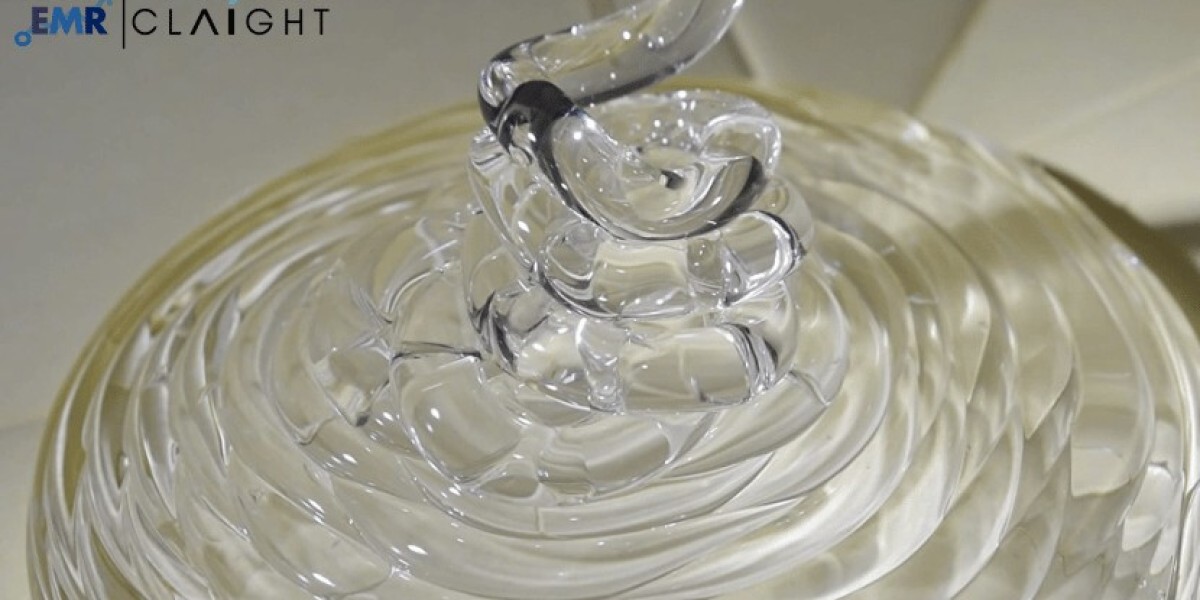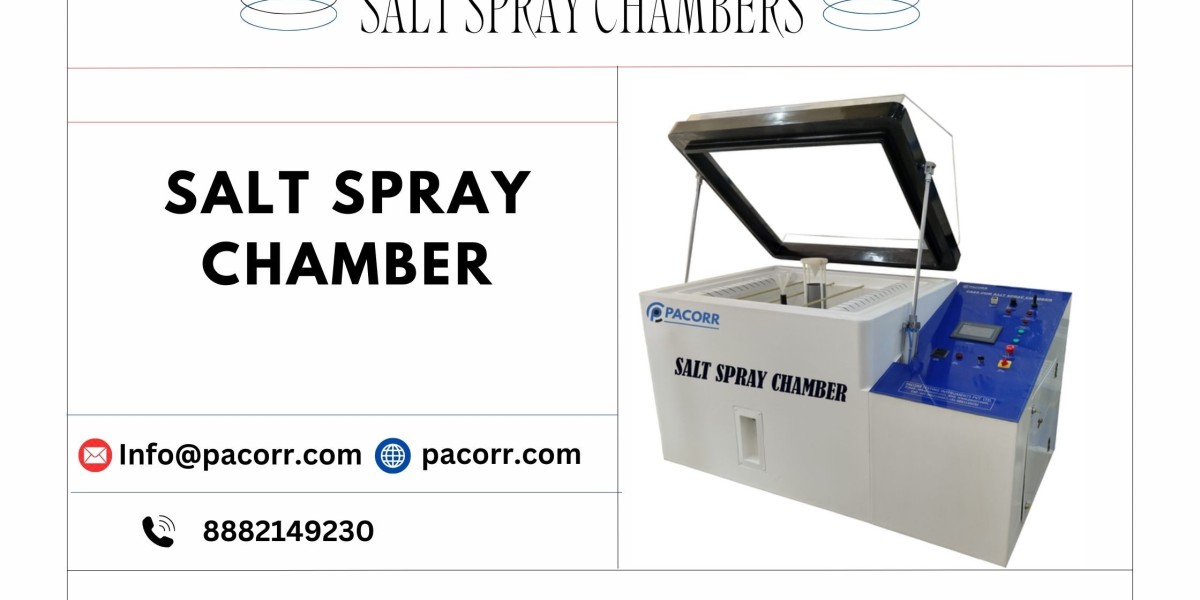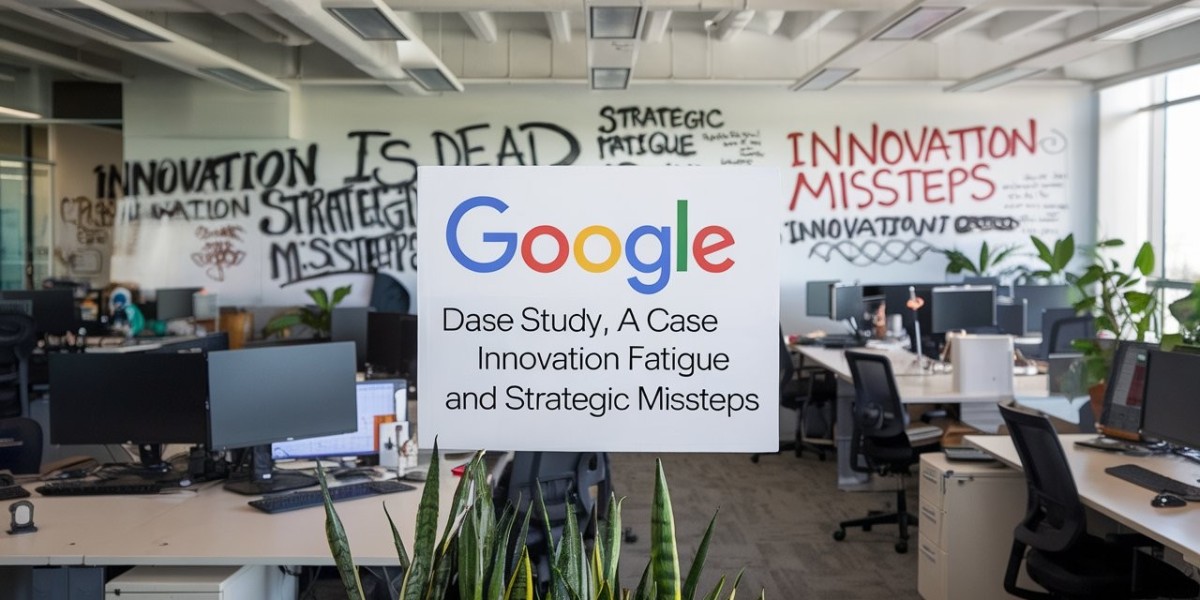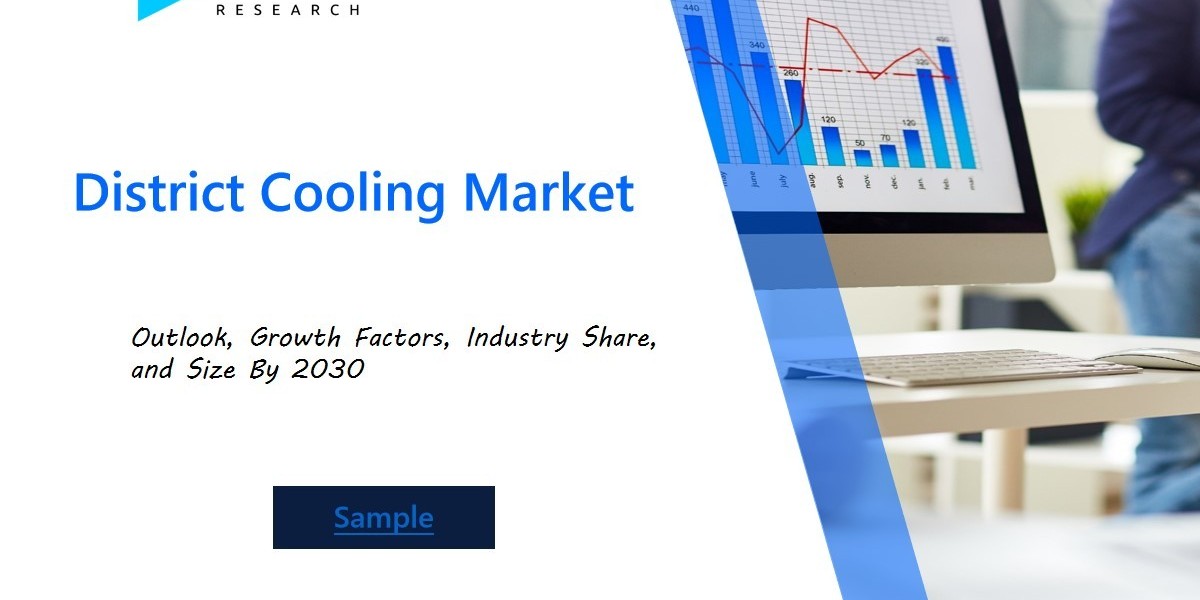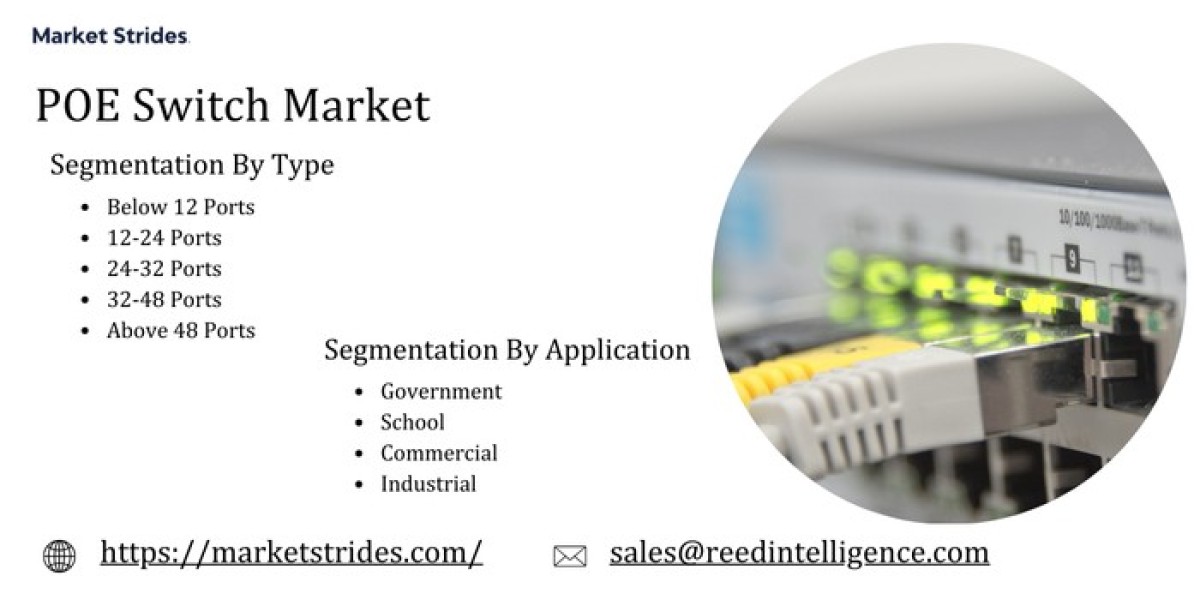Polyisobutylene Market Outlook
According to the report by Expert Market Research (EMR), the global polyisobutylene market size stood at a value of more than USD 3.09 billion in 2023. Aided by the growing automotive sector and the increasing demand for polyisobutylene across diverse sectors, the market is assessed to grow at a CAGR of 4.8% in the forecast period of 2024-2032 to attain a value of over USD 4.73 billion by 2032.
Get a Free Sample Report with Table of Contents@ https://www.expertmarketresearch.com/reports/polyisobutylene-market/requestsample
Polyisobutylene (PIB) is a synthetic rubber or elastomer and a type of polymer primarily composed of the monomer isobutylene. It is known for its excellent impermeability to gases, high chemical resistance, and flexibility. Polyisobutylene is a versatile polymer with unique properties that make it suitable for a wide range of industrial, automotive, medical, and consumer applications.
The global polyisobutylene market is experiencing significant growth and transformation, driven by various factors, including technological advancements, increasing demand for the rubber across diverse industries, and the development of new applications of the product. Polyisobutylene, a versatile polymer with unique properties such as impermeability to gases and excellent thermal stability, is finding widespread use in numerous sectors ranging from automotive to healthcare.
The automotive industry remains one of the largest end users in the global polyisobutylene market, utilising it primarily in the production of tyres and inner tubes. The unique properties of PIB, such as its low gas permeability and resistance to oxidation and ozone, make it an ideal material for these applications. The growing automotive sector, particularly in emerging economies, is driving the demand for PIB.
Additionally, the increasing focus on fuel efficiency and the development of electric vehicles is boosting the need for advanced materials like PIB that enhance performance and durability. Innovations in tyre technology, such as the development of green tyres, further support the demand for PIB, as it contributes to reduced rolling resistance and improved fuel economy.
Polyisobutylene is gaining traction in the healthcare sector due to its biocompatibility and chemical resistance. It is used in a variety of medical applications, including drug delivery systems, medical adhesives, and pharmaceutical packaging. The increasing prevalence of chronic diseases and the growing demand for advanced drug delivery methods are driving the global polyisobutylene market growth. Moreover, the ongoing research and development activities aimed at enhancing the performance of PIB-based medical products are expected to create new growth opportunities. The healthcare sector's stringent quality and safety standards also contribute to the demand for high-purity PIB grades, further supporting the market growth.
The adhesives and sealants industry represents another significant growth factor for the polyisobutylene market development. PIB is widely used as a tackifier and plasticiser in the formulation of various adhesives and sealants due to its excellent tackiness, flexibility, and moisture resistance. The construction and packaging industries, which are major consumers of adhesives and sealants, are experiencing robust growth, particularly in developing regions. This trend is driving the demand for PIB-based products that offer superior performance and reliability. The increasing adoption of PIB in pressure-sensitive adhesives and its use in the production of high-performance sealants for building and construction applications are key factors propelling the market expansion.
Technological advancements and continuous innovation are playing a crucial role in the development of the market. Manufacturers are investing in research and development to improve the properties and performance of PIB, making it suitable for a broader range of applications. Advances in polymerisation techniques and the development of high-molecular-weight PIB grades are enhancing the material's functionality and expanding its application scope. Additionally, the exploration of novel applications, such as PIB-based nanocomposites and their use in the production of high-performance elastomers, is driving the market innovation. These technological advancements are not only improving the quality and efficiency of PIB products but also opening new avenues for the polyisobutylene market growth.
Read Full Report with Table of Contents@ https://www.expertmarketresearch.com/reports/polyisobutylene-market
Environmental and regulatory considerations are increasingly influencing the polyisobutylene market. As industries and consumers become more environmentally conscious, there is a growing demand for sustainable and eco-friendly materials. Manufacturers are responding by developing PIB products that are recyclable and have a lower environmental impact. Regulatory frameworks aimed at reducing carbon emissions and promoting sustainable practices are also shaping market dynamics. Compliance with environmental regulations and the adoption of green manufacturing processes are becoming essential for companies operating in the PIB market. This trend is driving innovation and encouraging the development of sustainable PIB solutions that meet regulatory requirements and consumer expectations.
The global polyisobutylene market exhibits distinct regional dynamics, driven by varying levels of industrialisation, economic growth, and consumer preferences. North America and Europe are mature markets with well-established industries and high demand for PIB in the automotive, healthcare, and construction sectors. These regions are characterised by a strong focus on innovation and quality, driving the demand for advanced PIB products. The Asia Pacific, particularly China and India, is witnessing rapid market growth due to increasing industrial activities, rising disposable incomes, and expanding automotive and construction sectors. The Middle East and Africa are also emerging as potential markets, supported by growing infrastructure development and industrialisation.
The competitive landscape of the polyisobutylene market is characterised by the presence of several key players who are focusing on expanding their market share through strategic initiatives. Companies are investing in capacity expansions, mergers and acquisitions, and strategic partnerships to enhance their production capabilities and global reach. Innovation remains a key competitive strategy, with manufacturers focusing on developing high-performance PIB products and exploring new application areas. Additionally, companies are emphasising sustainability and environmental responsibility in their operations to align with market trends and regulatory requirements.
Polyisobutylene Market Segmentation
The global polyisobutylene market can be divided based on molecular weight, product type, end use, application, and region.
Market Breakup by Molecular Weight
- Low
- Medium
- High
Market Breakup by Product Type
- Conventional PIB
- Highly Reactive PIB
Market Breakup by End Use
- Automobile
- Industrial
- Food
- Others
Market Breakup by Application
- Tires
- Lube Additives
- Fuel Additives
- 2-Stroke Engines
- Industrial Lubes
- Adhesives and Sealants
- Others
Market Breakup by Region
- North America
- Europe
- Asia Pacific
- Latin America
- Middle East and Africa
Competitive Landscape
The EMR report looks into the market shares, plant turnarounds, capacities, investments, and mergers and acquisitions, among other major developments, of the leading companies operating in the global polyisobutylene market. Some of the major players explored in the report by Expert Market Research are as follows:
- BASF SE
- Kothari Petrochemicals Limited
- Ineos Group Ltd
- Reliance Industries Limited.
- The Lubrizol Corporation
- Others
Media Contact:
Company Name: Claight Corporation
Contact Person: Eren smith, Corporate Sales Specialist – U.S.A.
Email: sales@expertmarketresearch.com
Toll Free Number: +1-415-325-5166 | +44-702-402-5790
Address: 30 North Gould Street, Sheridan, WY 82801, USA
Website: https://www.expertmarketresearch.com
Aus. Site: https://www.expertmarketresearch.com.au
